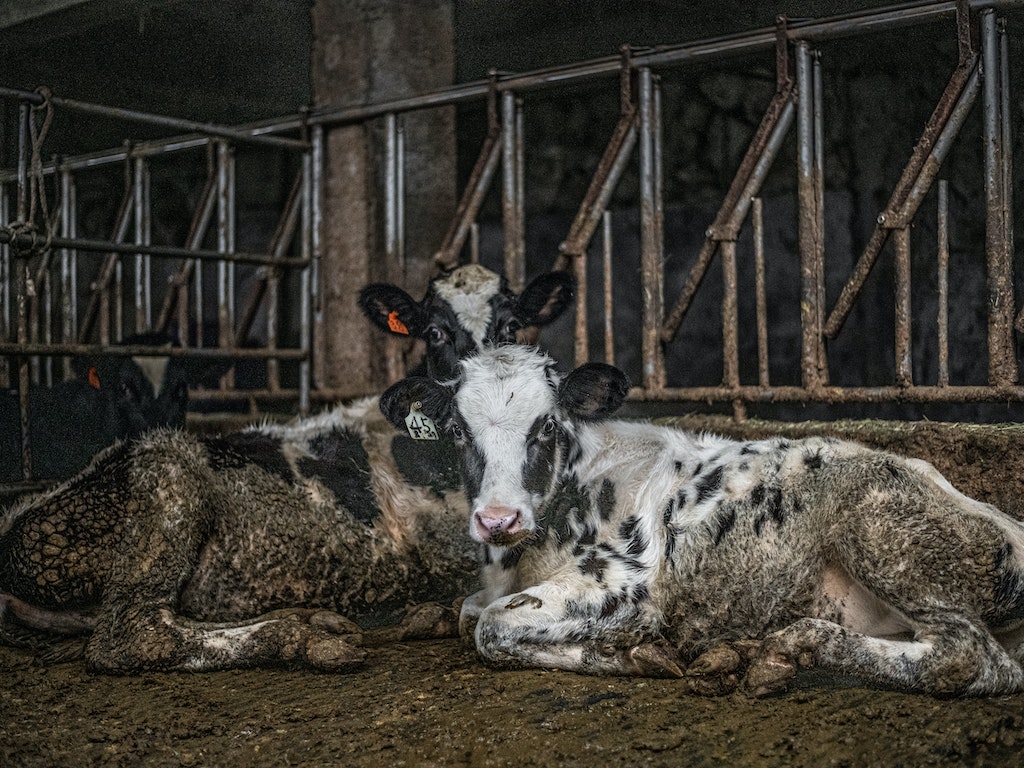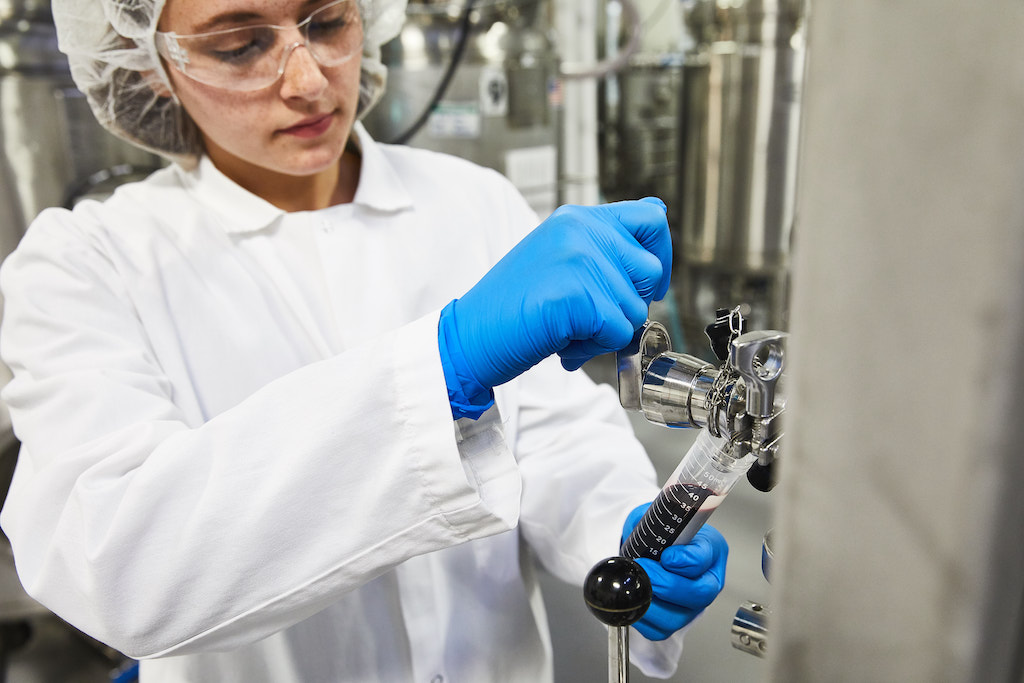5 Mins Read
Despite the record levels of private investment pouring into the alternative protein industry, experts say that a huge public funding gap still exists in order for the world to meet its climate goals. Two separate reports emerging from the Good Food Institute (GFI) and PwC, Rabobank and Temasek call for greater support for an industry working to overhaul unsustainable animal agriculture and its enormous impact on the environment.
Experts are warning of the significant funding gap for alternative proteins, an industry developing sustainable protein solutions using plant-based, cell-based and fermentation-derived technologies. Currently, animal proteins such as meat, dairy and eggs produced through livestock farming account for nearly a fifth of the world’s GHG emissions, more than all transportation combined.
Developing alternatives to animal-derived foods using novel technologies presents a solution that would meet the world’s rising demand for protein, while reducing the food system’s impact on the planet, which is now facing increasingly intense and more frequent climate disasters.

Related: Top 5 meat and dairy firms responsible for more emissions than big oil – report
‘Climate policy is ignoring alt-protein’
GFI, a nonprofit supporting the alternative protein ecosystem, says that current global climate change policy still largely ignores the role that alternative proteins play in reducing humanity’s environmental burden. In a new report, the NGO said there remains a “massive disconnect” between the level of public funding into alt-protein R&D, given the sector’s potential to meet the world’s climate goals.
Instead, much of the financing has been focused on clean and renewable energy solutions, which are much-needed but nonetheless not impactful enough given the scale of the world’s climate emergency. In November last year, leading researchers published a landmark paper forecasting that the Paris goals remain “out of reach” without a shift away from animal agriculture, even if fossil fuels were immediately eradicated.

According to GFI’s data, public investment in clean energy R&D reached $27 billion in 2020, while the amount for alt-protein R&D paled in comparison at $55 million. That’s 490-fold less.
Much of the funding to date for the industry has come from the private sector, with 2020 being a record year that saw investment triple to $3.1 billion. Public financing in the same year stood at around 1% of that figure.
The sentiment over the lack of government focus on the role of alternative proteins and the impact of animal agriculture has been echoed this week by a group of 18 celebrities, among them Billie Eilish and Joaquin Phoenix, in a letter calling for the upcoming COP26 meeting to discuss unsustainable livestock farming.
“With animal agriculture such a major source of greenhouse gas emissions, it is impossible to meet goals set out in the Paris Agreement without making changes to our global food system,” the letter said, addressed to the COP26 president Alok Sharma as part of the #TheCowIntheRoom campaign championed by Humane Society International (HSI).
Closing the funding gap

“Open-access alternative protein R&D is almost nonexistent compared with funding for other climate solutions, leaving nonprofits and the private sector to fund critical gaps in order to bring alternative meat to market at scale,” said GFI, which also highlighted in its report the record levels of consumer interest that alternative proteins are now seeing—and governments are not matching that appropriately.
Within the US, the nonprofit says that at least $2 billion in federal funds should be directed into alternative protein development, rather than subsidising climate-damaging agricultural activities. It’s a call that the UN has also made in its latest assessment, which said that nearly 90% of all farming subsidies are going towards projects that harm nature and human health.
As part of its own push to close the funding shortfall, GFI has launched its own grants totaling $5 million to support open-access R&D, divided into 22 projects. 13 of them are cell-based meat projects, while 7 are dedicated to plant-based meat and 2 working on fermentation proteins, and all are geared towards developing whole-cut 3D analogues, often called the “next frontier” for the sector to leap towards.
“We must invest in research and development now,” says GFI associate director of science and technology Erin Rees Clayton. “Addressing the biggest scientific white spaces by building a robust foundation of open-access data will enable the entire sector to advance more efficiently.”
Related: We need open-source cell-based protein tech to pave way for lab-grown meat, GFI urges
$750 billion by 2030 needed in Asia alone

In a separate report published by the PwC, Rabobank and Temasek, analysts casted similar warnings about the significant underfunding for sustainable protein solutions. The assessment, which is in its second edition, estimates that around $750 billion in additional funding is needed by 2030 to meet the rising protein demands in Asia-Pacific alone.
According to this report, changing demographics and rising income in the region is set to drive 55% of the total $4.4 trillion incremental food spending over the next decade—making investment into alt-proteins and sustainable foods that cater to the Asian consumer crucial for humanity to live within the planet’s boundaries.
By sub-region, China will account for the majority of the increase, closely followed by India and Southeast Asia.
“An additional US$750 billion in investment, on top of the US$800 billion forecasted in 2019, is now required to satisfy growing demands for healthier, safer or more sustainable food options,” wrote the authors.
Lead image courtesy of Quorn.




